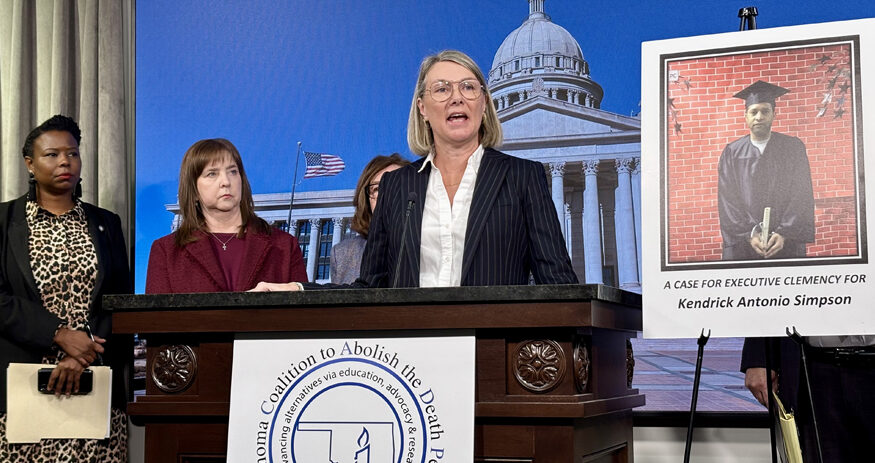In Minnesota, the importance of clear governance roles has come to the forefront as candidates for state auditor present platforms that extend beyond their defined responsibilities. This situation illustrates a growing trend in which political figures campaign on issues outside their jurisdiction, potentially undermining effective governance.
Understanding Government Roles
Each level of government has specific duties designed to ensure efficient operations. City councils are responsible for matters such as potholes, parks, and police services. School boards manage educational funding and teacher contracts, while county commissioners oversee public health and solid waste management. These clearly defined roles are essential for effective governance and public trust.
Yet, candidates increasingly stray from these established boundaries. The current race for state auditor features two candidates promising to expand the scope of the office, despite the clear limitations set by law. Without changes from the Legislature, these promises represent a significant deviation from reality and could mislead voters.
Voters often seek solutions to pressing issues and may turn to familiar faces in government for assistance. While it is natural to look for support from elected officials, it is crucial for these officials to clarify their roles and resist the urge to address matters outside their purview. This is particularly relevant in instances like foreign policy debates within local councils, which distract from essential community services and governance responsibilities.
The Risks of Overstepping Jurisdiction
When candidates promise to tackle issues beyond their authority, it poses risks to the democratic process. Such mission creep can confuse constituents and diminish trust in elected officials. Some candidates may act out of naivety, while others might pursue personal ambitions, further complicating the landscape.
Advocates and constituents also bear some responsibility for this phenomenon. When they face challenges in the appropriate governmental bodies, they may turn to other officials to seek support. Although this approach may yield temporary victories, it risks eroding institutional credibility and undermines effective governance.
Good governance often involves unglamorous work, such as managing budgets and overseeing essential services. When elected officials divert their attention to high-profile issues, they may neglect the foundational responsibilities that keep communities functioning smoothly. This is particularly evident during re-election campaigns when voters notice the lack of attention to critical infrastructure and budget management.
Jurisdictional discipline should not be seen as limiting ambition. Instead, it should be viewed as a means of focusing efforts effectively. Elected officials who excel in their designated roles can create meaningful change. For instance, a city council member dedicated to housing policy and public safety can have a significant impact on community welfare.
Building a Collaborative Future
To foster a more effective governance model, stakeholders should engage in meaningful discussions and ask better questions. Supporting candidates who commit to their current roles, while also respecting the boundaries of their positions, is essential. Advocacy efforts should align with the appropriate elected officials based on their jurisdiction.
When officials stay focused on their designated responsibilities and communicate effectively across roles, they can work collaboratively to achieve common goals. Minnesota deserves leaders who understand their roles, respect boundaries, and prioritize collaboration for the greater good. This approach ensures that government operates efficiently, ultimately benefiting all constituents involved in the public service landscape.
Shannon Watson, founder and executive director of Majority in the Middle, emphasizes the need for a clear understanding of governmental roles to maintain public trust and address community needs effectively. As candidates pursue their ambitions, they must remain grounded in their responsibilities to serve the public interest faithfully.







